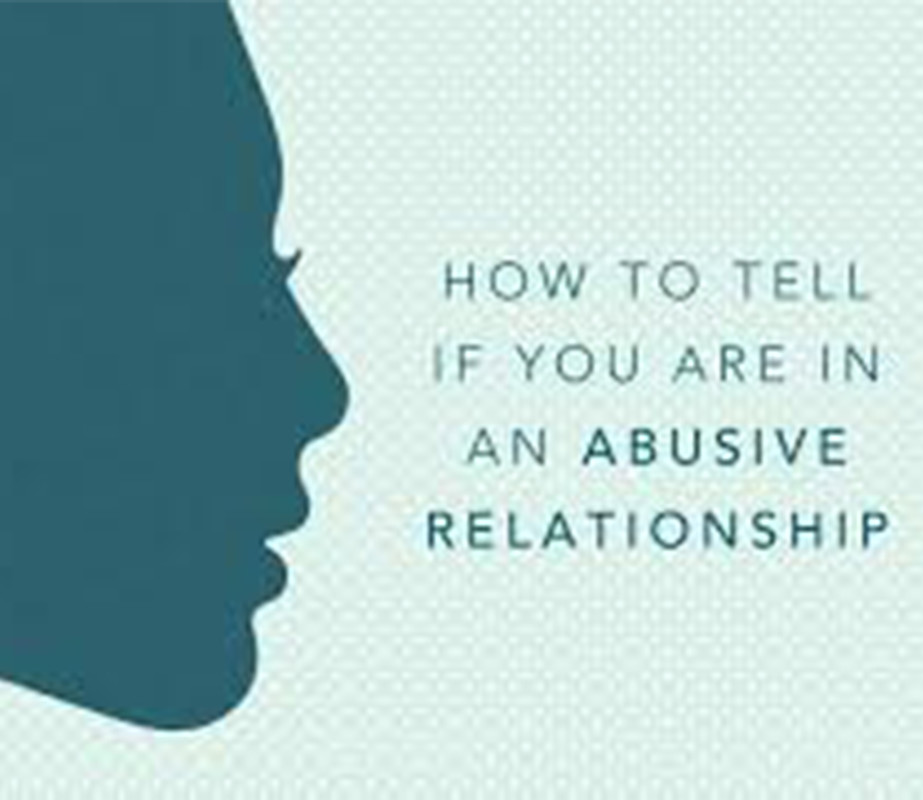Signs That You Are In An Abusive Relationship
Woman
Man
Couple
Gay
Lesbian
Gay
Lesbian
Trans
Another way to limit interactions with friends is by refusing to let their partner see them alone, so that they can never take the relationship advice from their peers. They might insist on coming along to outings, and will opt to be rude and dismissive to their partner’s pals, just to make the evening uncomfortable and unenjoyable for everyone. This might make the victim feel as though they should not even bother to try and make plans, if their partner is just going to be unhappy about the outing.
A healthy relationship exists when all participating partners having functioning and happy lives outside the romance. A healthy relationship allows each partner to feel as though they still have their sense of self, but also fit their puzzle pieces together with their boyfriend or girlfriend with compromise, not force. If your partner is blocking you from ever going out, even to see someone for coffee, then they are trying to limit your world because of distrust and issues of control. Every instance of abuse is different, and falls on different levels of danger for the other partner, but this is something to be wary of because it should never be normalized. People deserve friends, fun, relaxation, and a life outside of their relationship, and if someone feels frightened to make plans at the risk of upsetting their partner, there is a high possibility that they might be abusive and controlling. If you have a friend whose partner is not allowing them to come out to see you or hear any possible relationship advice on their situation, you might consider certain phrasing, so that your friend never feels totally isolated, such as "What can I do to help?", over something more accusatory and aggressive.
#2. They Make Their Partner Feel Trapped, Not Loved
In life, nothing is ever guaranteed to be easy. When you are in love, with all of the compromise and effort that goes into maintaining a healthy relationship, and all of the work and learning that that entails, it is something that has a certain ease to it if the relationship is happy, simply because the participating partners want to do it. If you are in a relationship where you feel like you are constantly stepping on eggshells at every given moment, and you have to be selective about when or how you speak to your partner, then the chances are that this is not an ideal situation for anyone to be in. This is not to say that well-functioning partners are without their foibles, and sometimes one, or both, or all of them might have a bad, angry, or sad day, but there is a distinct difference between the climate of that situation, and a situation where a partner is abusive, which has to be distinguished.
Do you feel a sense of relief and release when your partner is being kind or caring? Do you feel tense when you recognize their triggers, and can foresee an outburst? Are they simply having a bad day at work, or are they using you as an anger-outlet instead of a listening ear? Everyone deserves happiness, and kind partners who remember and anticipate your needs because they are concerned for your well-being, just as much as you are concerned for theirs. We all have rough patches, but it is important to recognize the difference between it happening occasionally (even for long periods of time!), and it happening habitually, as well as how your partner handles themselves in these situations. Reading material on relationship advice is helpful to evaluate these thoughts, and determine what might be abusive. Feeling as though you have to be their emotional (or physical) punching bag because there is no other option for you, and you are trapped there, is far from okay. Feeling as though you and your partner (or partners) are a team working towards bettering each other as a functioning unit, is love.
#3. They Belittle The Things That Make Their Partner Happy
As mentioned before, an abusive relationship is about control. Every person who enters into a new partnership comes with their own unique mosaic of interests, quirks, and things that make them different from everyone else. This is an important thing to never lose over the course of a relationship, unless it is simultaneously sacrificed as a form of compromise (for example: maybe its time to downsize the man-cave by moving the TV to the living room with the rest of the family, or on the other hand, maybe its time to just let your partner have a relaxation space). A person is allowed to have things about themselves that they enjoy, but often in abusive situations, the perpetrator will make their partner feel small, or embarrassed, for enjoying certain activities. It is simultaneously about removing the aspects that make their partner human, and also breaking down their self esteem in as many ways as possible. Do you know why you like the things you like? Because you’re good at them, or at least, they are fun for you. That builds your self esteem, and you deserve it.
Even aside from hobbies, an abusive partner might make their boyfriend or girlfriend feel like they cannot make any decisions for themselves, because it might be met with ridicule (or in some situations, something dangerous). A victim of abuse might feel apprehensive about buying new clothes, makeup, things for the house, etc., because they do not want to handle the repercussions that come with doing something for themselves, which is never an okay situation.
#4. They Make Their Partner Feel Like They Are The One Causing Problems In The Relationship
Gas-lighting is an incredibly frequent presence in bad situations, whether it be bad boss who makes you feel helpless to stand up to them, toxic friendships, or abusive partners, it all falls often on a spectrum of gas-lighting. This term means to manipulate someone psychologically, to the point where they might question their own sanity, and take all of the responsibility inward. In the example of the bad boss: picture someone who bullies their employees into submission via email or text, but in person, they are jovial, kind, and maybe even buy presents or rewards for the same employees that they are terrible to. Employees might feel frustrated and helpless over time once they realize what it happening, because if one half of the interactions with the superior are positive and happy, then it is hard to realize that this person is manipulating their employees and colleagues in order to minimize the possibility of any backlash. Just because the boss can be kind occasionally, does not give them any excuse to act tyrannical otherwise.
In the case of an abusive relationship, the perpetrator might use language that makes them sound as though they are the only person struggling in the situation, and that they are the one who is hurting. They might cry, harm themselves or destroy something that they love, and blame it on the victim. Saying phrases such as "do you see what you’re doing to me?" to completely displace any responsibility. Chances are that the victim is a good person, and they feel they have to care for their abusive partner, or else they would not be in the situation, so to see someone that they care about hurting can be really painful, and make them feel really bad about themselves. This, in turn, will invariably make it much more emotional and difficult to leave an abusive situation, because the victim might be scared of what the perpetrator would do if they were to leave. There are numerous situations of toxic relationships where one person threatened to commit suicide if the other were to leave them, and this is, by definition, an example of emotional manipulation that can trap someone in a bad situation.
Although on paper, gas-lighting seems like a fairly easy to understand concept, because of how easily people can manipulate other people’s emotions, but it is an incredibly difficult thing to detect in real life - it can be done in so many different ways. It takes a very deep assessment of feelings of guilt or helplessness that might surface in any relationship to evaluate if someone is deliberately trying to keep you in a very specific place - directly under their thumb.
#5. They Are Too Dependent On You
Another instance of abusive behaviour that does not necessarily manifest each time, and might be a little bit more difficult to detect, is a partner who is too dependent on you. Dependency is when someone in a situation leeches off of another person, by using emotional manipulation and shirking responsibilities so that they can remain taken care of, often financially. In a lot of cases, issues of dependency begin with a perfectly understandable situation: say, if a partner were laid off at work, the other partner might bear some of the load while their boyfriend or girlfriend gets back on their feet again. However, sometimes, there is no indication that they are making any effort to find a new job, or work with their partner in order to maintain a fruitful relationship.
Dependency, like everything else, falls on a spectrum of severity. It is important to listen to and research positive relationship advice to evaluate your situation, and figure out just how severe your case might be. In some cases, if someone is too dependent, it does not necessarily mean that they are abusive, but rather, just need to be checked and reminded of the fact that any relationship requires equally moving parts in order to continue to function healthily. However, in a lot of cases of abuse, dependency can exacerbate an already bad situation. If the situation has become an issue of finance, it is within the realm of possibility that the abuser might use up a lot of the victim’s cash flow for their own personal gain, which contributes to how a victim of abuse might feel trapped in their relationship.
It might be difficult to identify heavily dependent tendencies, because naturally, in any relationship with someone that a person cares about, it is easy to want to take care of them and bear the load during a rough period. However, there is a very distinct difference between helping and wanting to take care of a partner, and that partner taking advantage of sympathies in order to manipulate for personal gain - the difference lays within how frequently, and how much money, the partner is taking advantage of.
Another way that dependency manifests is when the perpetrator forces the victim into a situation where they are not only taking care of them financially, but they are leaning on them for other aspects of their life. It could be as simple as refusing to take care of the house, by insisting that they are unable to do anything, whether it be because they are tired from work, or perhaps injured, or maybe too stressed.

Going Forward
As stated before, this is by no means a comprehensive list of every abusive situation, and there are a lot of aspects to consider when it comes to evaluating an unhappy relationship. Reading about relationship advice when it comes to abusive situation is a positive first step to bringing your situation to an end. Abuse is a very grey area, and is something that will never be black and white, so it is often very difficult to identify if you are one of the active partners in the relationship. Everything intermingles and plays off of everything else (for example: dependency and gas-lighting share a lot of similar tactics of emotional and psychological manipulation) in order to create a bad situation that is invariably difficult to get out of. If you, or somebody that you love, may be in an abusive relationship, then there are many avenues and support systems available, because unfortunately, this is an extremely prevalent thing to happen in society.
Although relationships are complicated and nuanced, and no two relationships are alike no matter how many similarities they may both share, something to remember is that a healthy situation is a matter of equal moving, well-oiled parts. Everything is about equilibrium, and if your partner is going through a hard time and is frequently upset, it does not necessarily mean that they are abusive, - it may just mean that you have to take on a bit more in the relationship momentarily. But, if there is a consistent load of emotional labour that is making someone feel small and broken, then there is something that needs to be done. It bears repeating: everyone deserves happiness, and everyone deserves to feel loved.
Need some more relationship advice? Check out our article on how to know you are dating a fuckboy by CLICKING HERE!
Straight Woman
Straight Man
Couple
Gay
Lesbian

If you want to know if a guy really likes you, there are a few ways to tell for sure.
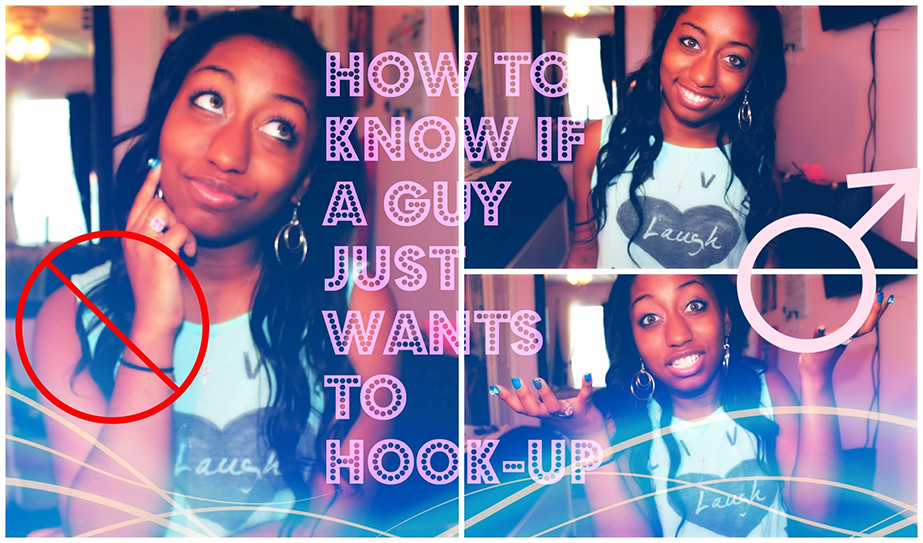
It sucks when you meet someone truly amazing and you have this great connection, but then you find out that he only wants to hook up.

Sometimes there are things in life you can’t control.

If you're a man who is asking yourself some important questions about your sexuality lately...
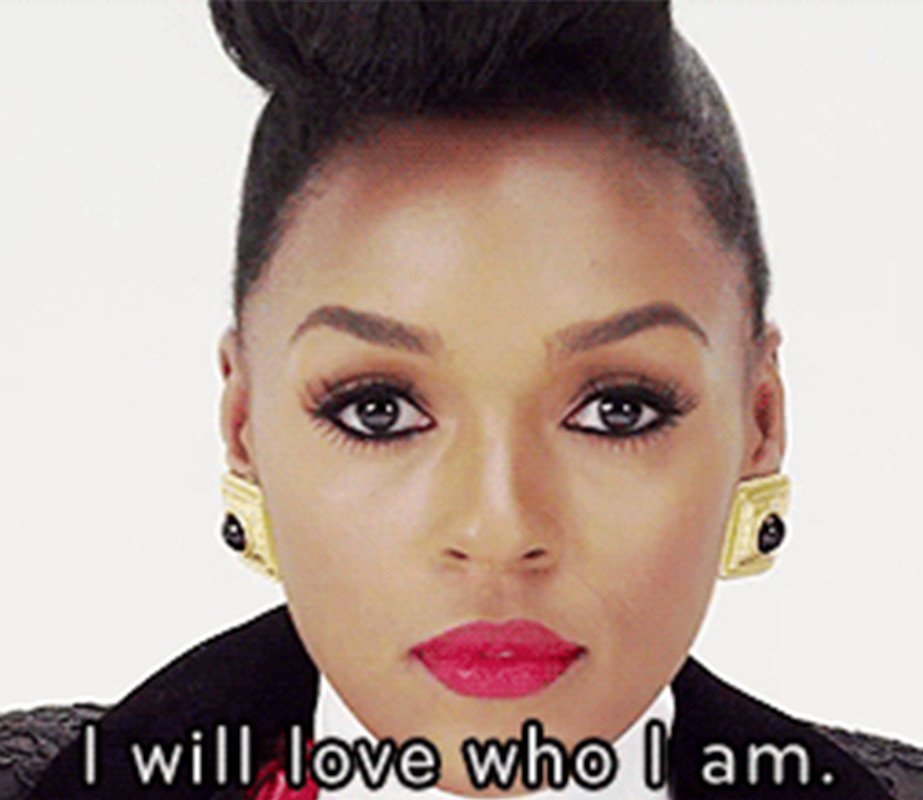
We all go through difficult times, as we navigate through the relationship aspect of life.

It can seem really strange to some of us to judge whether or not we're attractive, and it comes easier to some of us than others.
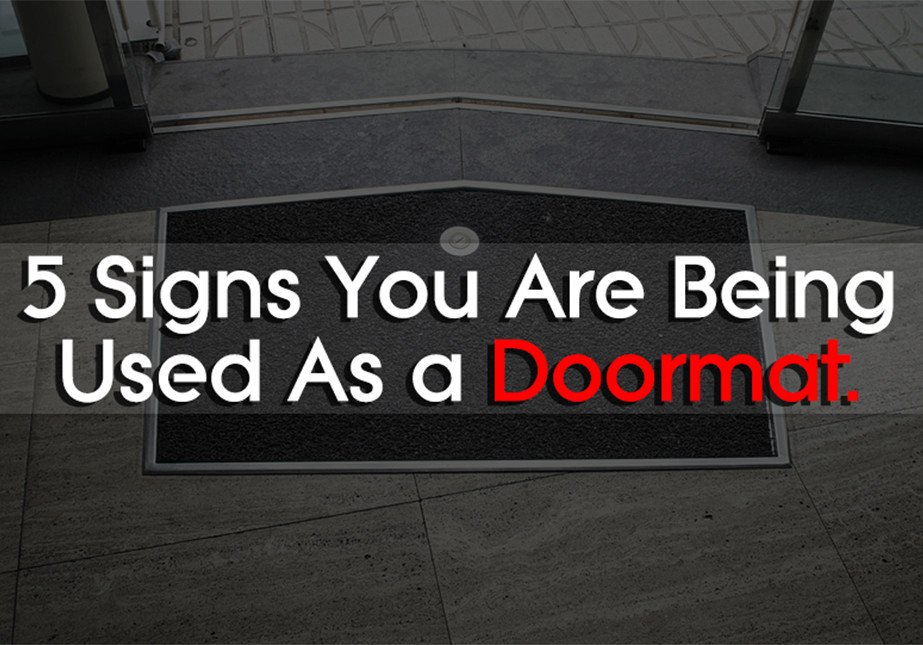
Relationships aren't easy these days. They're complicated, and with so many other distractions out there these days, it's hard to have someone's undivided attention.
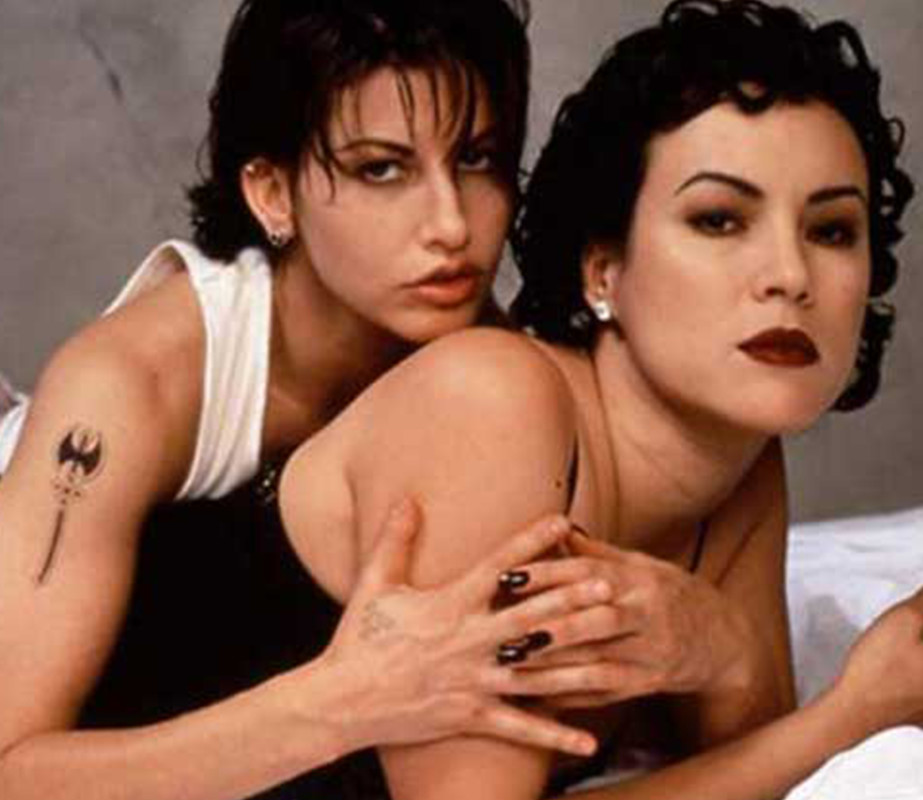
If you're thinking about your sexuality, and wondering where you fit in in the world of labels like 'straight', 'gay', or 'bisexual', don't worry, you're not alone.
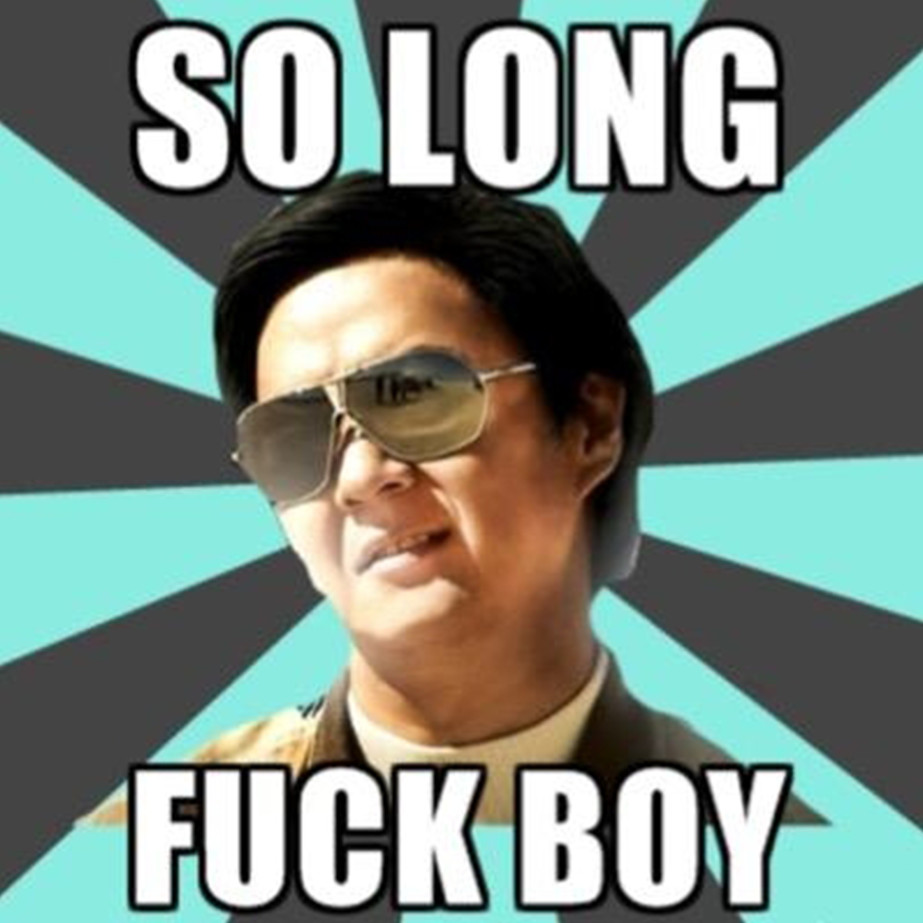
Here we go - the topic so endlessly frustrating and maddening that it has left a scar on almost everyone’s hearts in modern dating: the fuckboy.
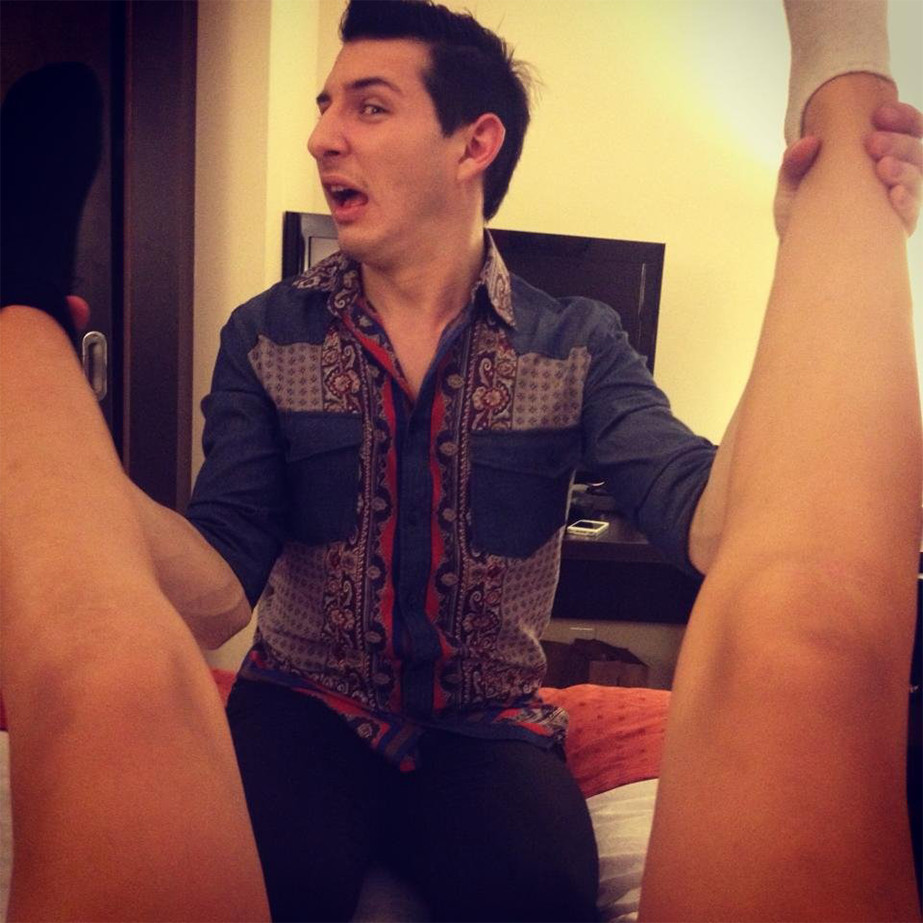
When it comes to determining something like this, it's always a great idea to have as much information as possible, and weigh through all of the relationship advice you possibly can.
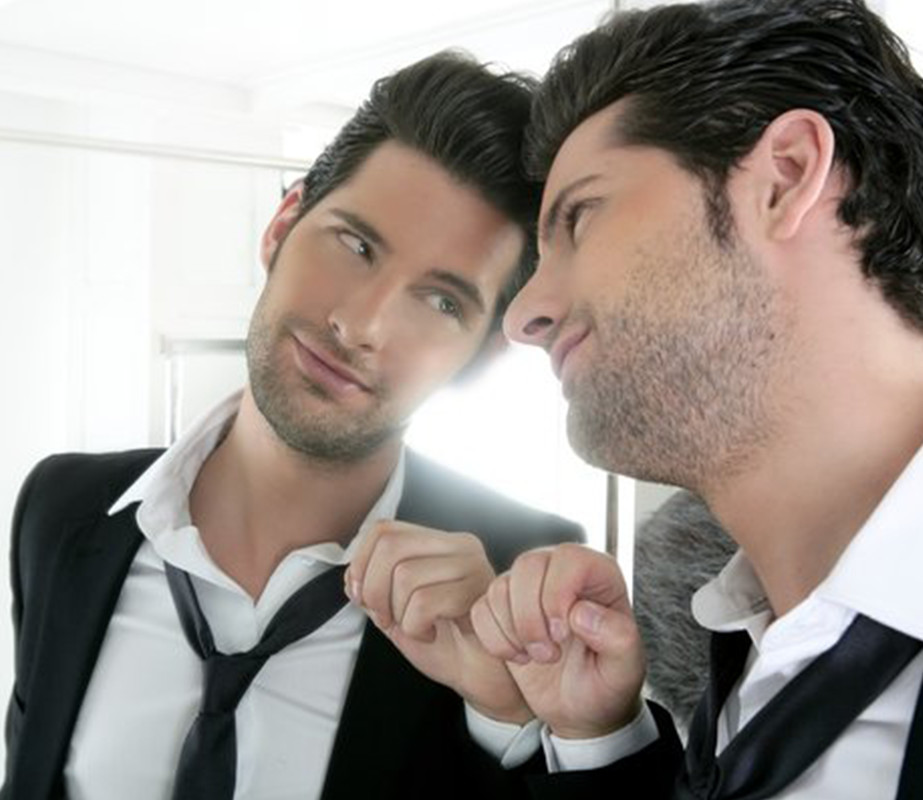
There are many types of people who are just not cut out to be in a relationship, and narcissists are one of them.

There are few things more uncomfortable and irritating than dating someone who is too needy, with a huge laundry list of constant needs.

We hear the term 'sex addict' and give ourselves a little giggle. How can someone be a sex addict? You can’t be addicted to sex…can you?

Dating someone can always be a trip. You never know what you are going to get out of this at first.

Dating is scary, and a lot of people realize that, which is why there’s such a tendency to go low-maintenance and start by hooking up first.

Make no mistake, nothing in life worth fighting for is easy, but with The One...
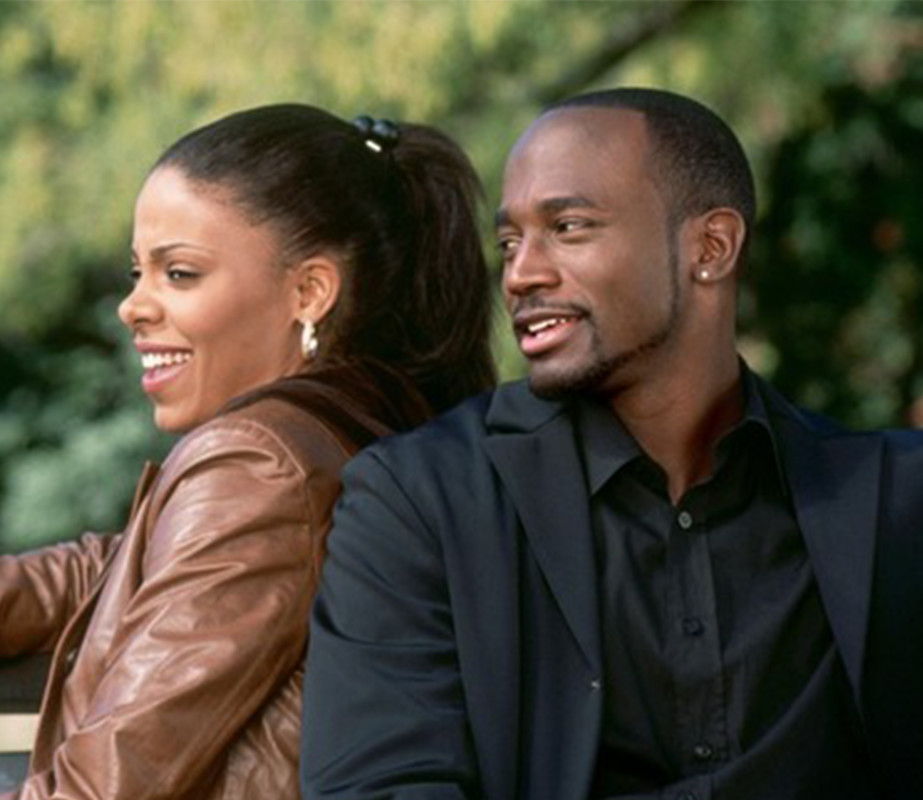
Spending time with your best friend is already great, but when they are also your romantic partner, this can make for a lot of fun, and a lot of happiness.

FreeHookups.com has the tell-all signs that you're either a really great lover, or need some sex advice and relationship advice to up your game in the sack.

Whenever someone identifies someone else’s relationship as abusive, there is sometimes a connotation that it must always be physical abuse...

When we're in the beginning stages of any relationship, everything is amplified.
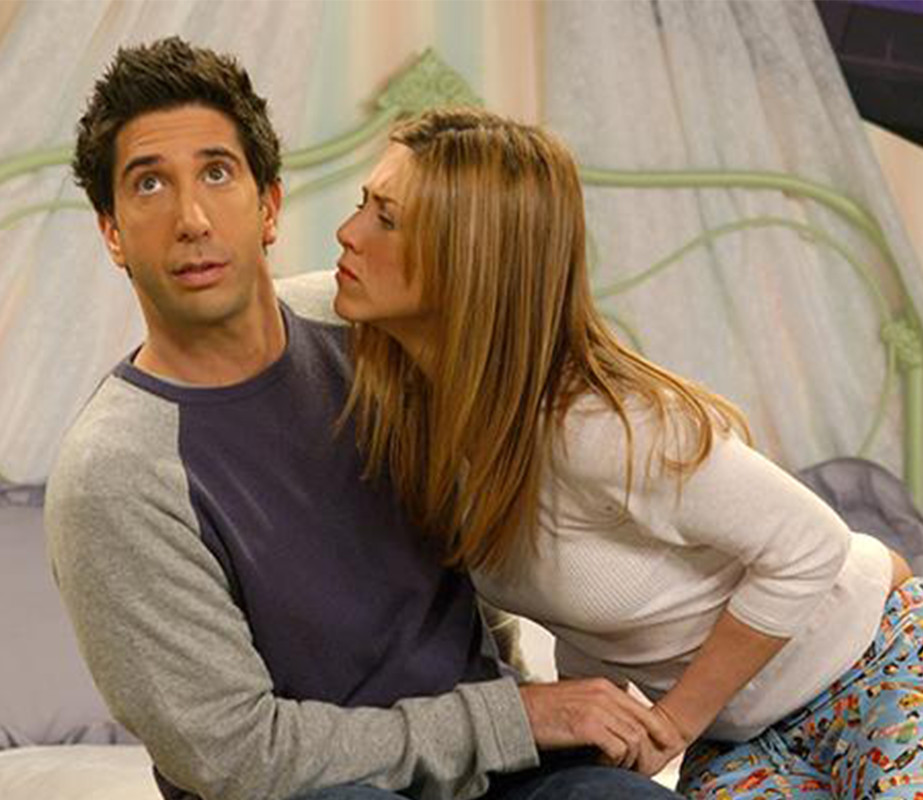
As you navigate your way through the plethora of information that is all over the internet, try not to get too overwhelmed.

The stage before you are actually in a committed relationship can be an extremely confusing time.

Knowing whether or not we're ready for a one night stand isn't always an easy thing, even though it seems like it probably should be.

Are you being hounded by your friends and family to find someone and settle down?

Settling is something that we have all been guilty of doing at one time or another.

Dating is, of course, the spice of life, but what happens if the person you have been seeing for months drops out, and you are left wondering ‘WTF’?

There's nothing fun or easy about going through the motions of figuring any of this out, and if you're suspecting that this is the case...































